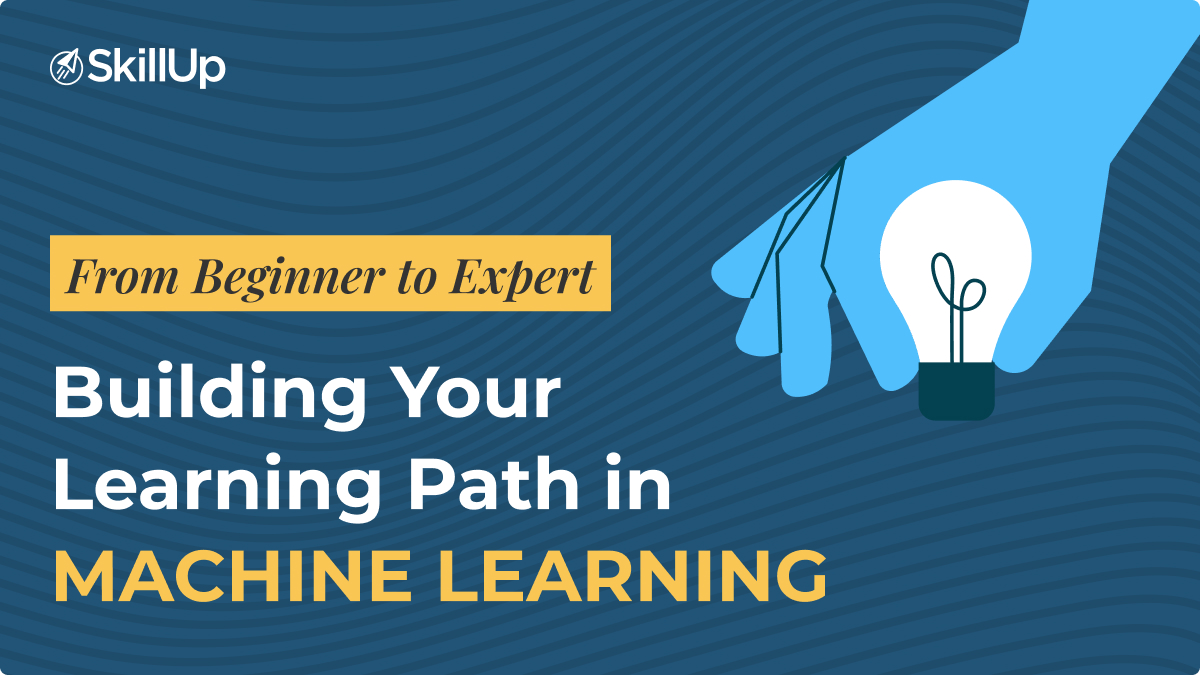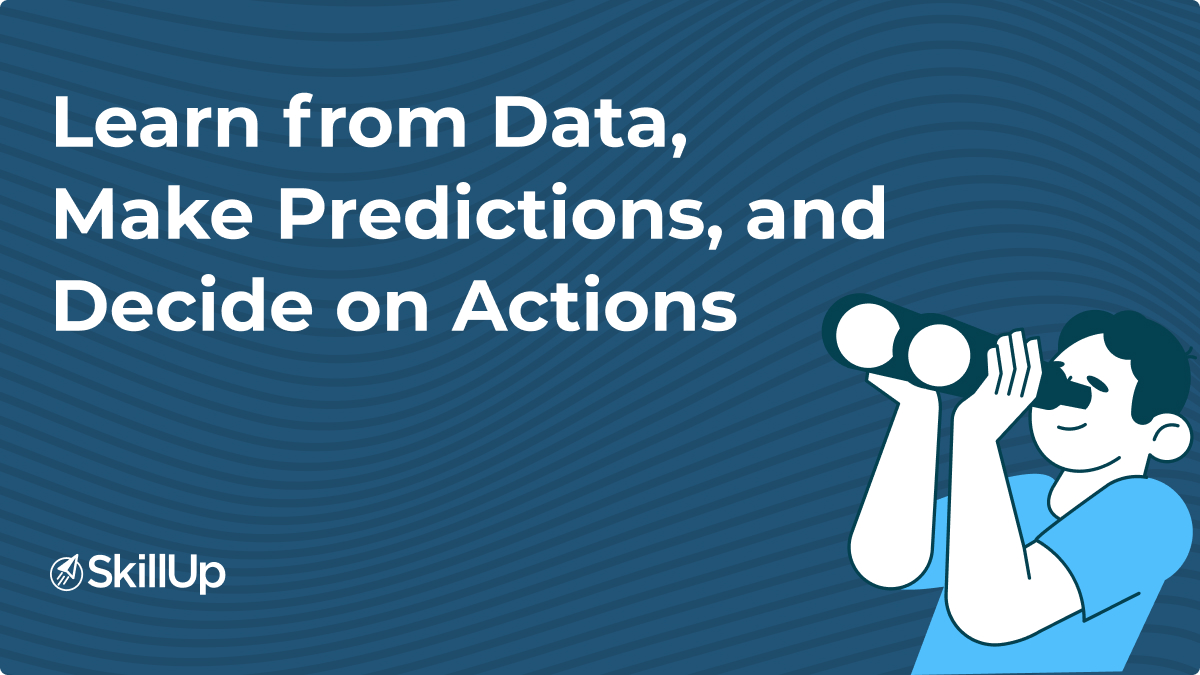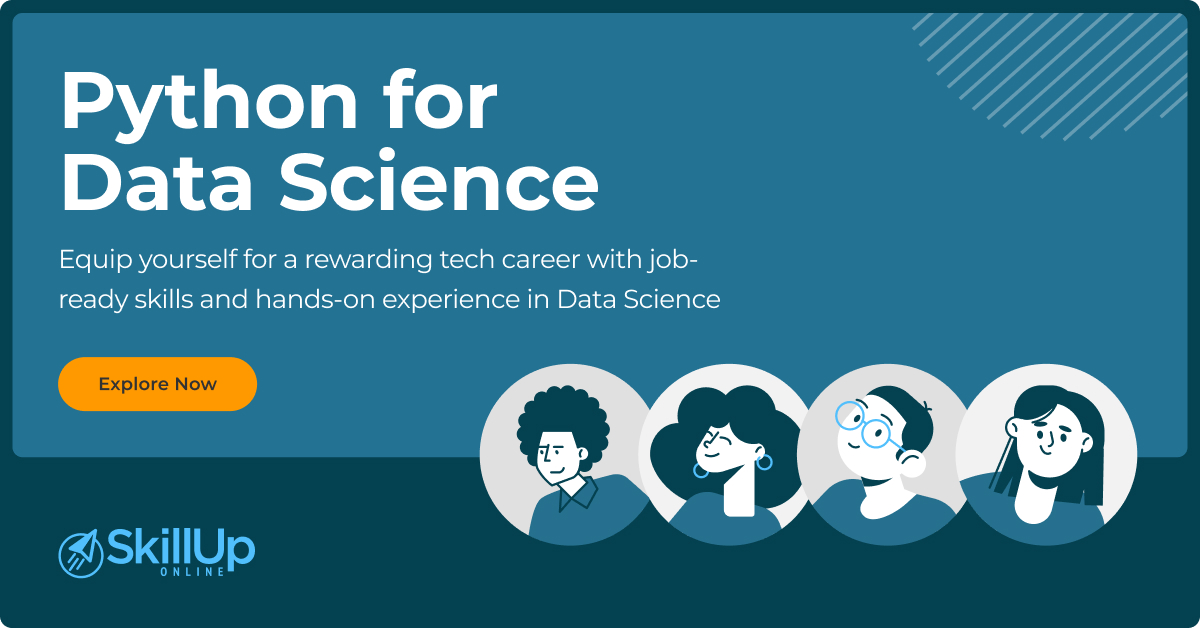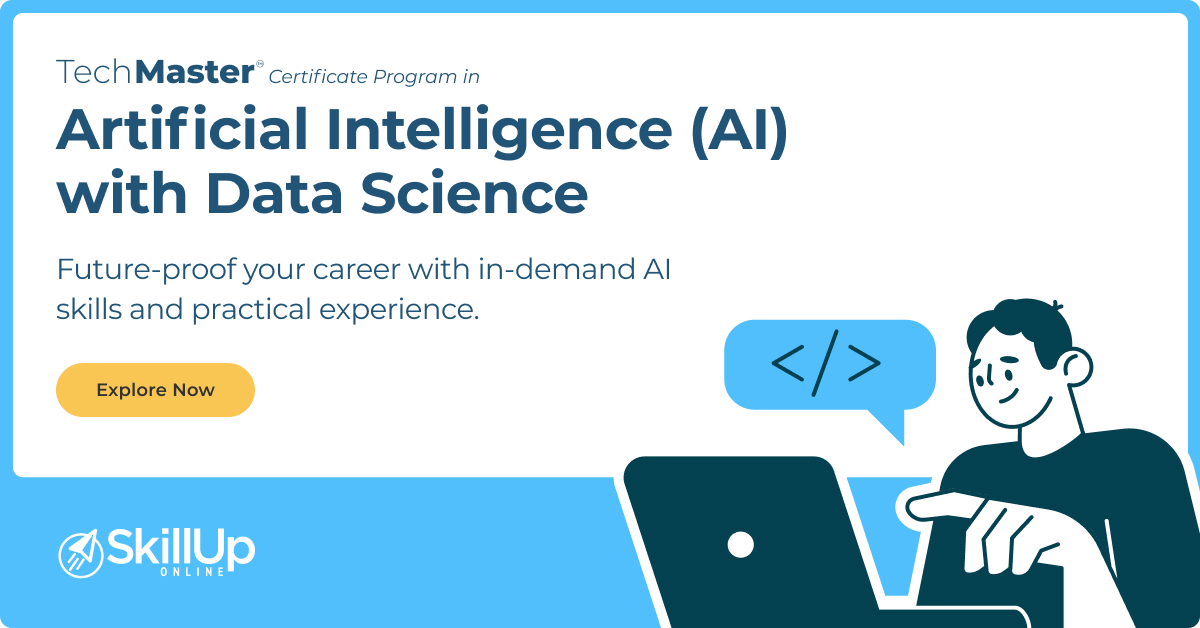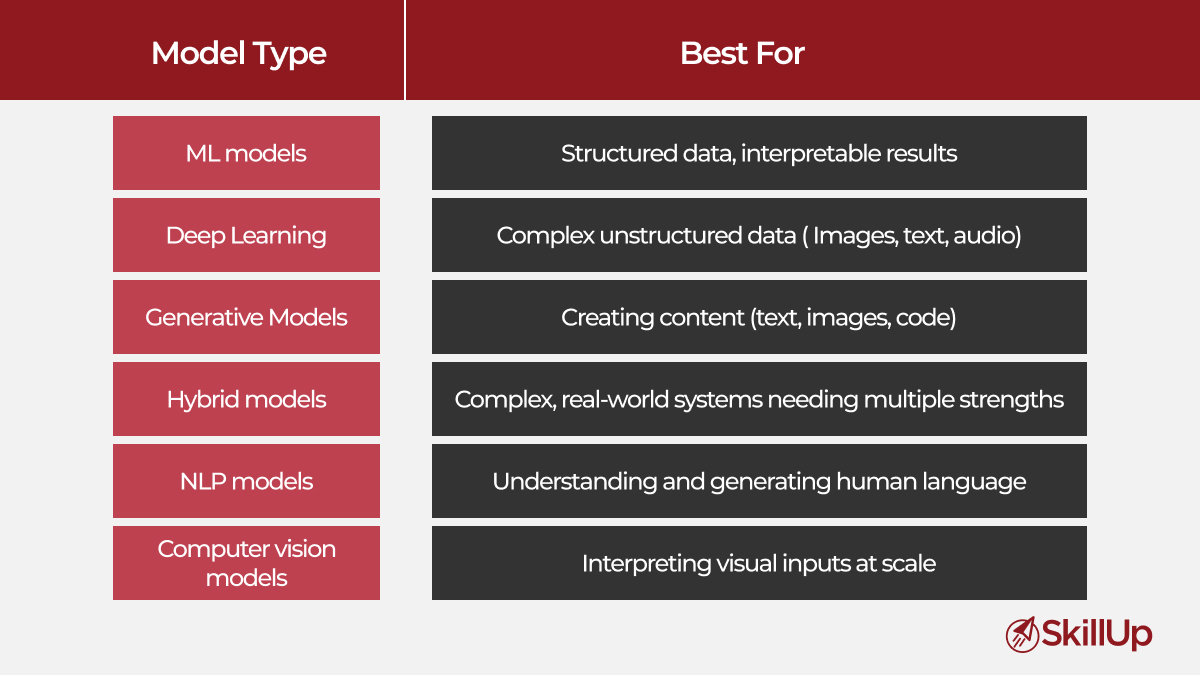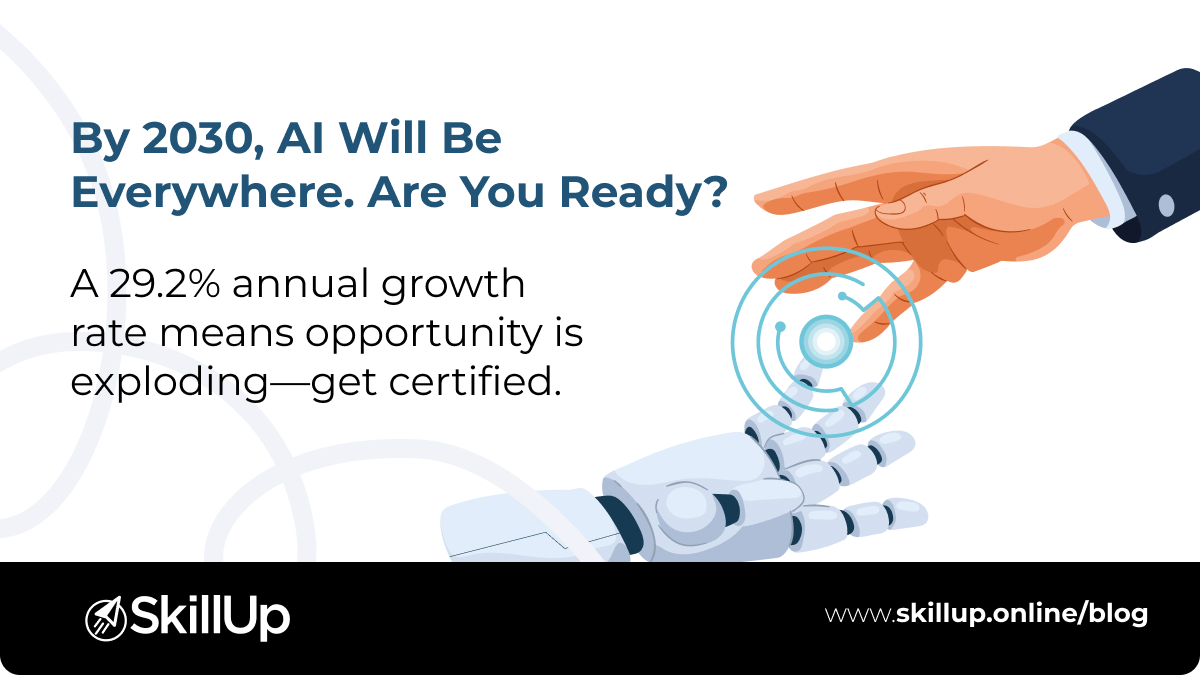In today’s digital era, where technology shapes our daily lives and drives innovation across industries, mastering machine learning (ML) has become a pivotal skill for professionals looking to build a rewarding career in tech, particularly AI.
Whether you’re taking your first steps into the world of algorithms or looking to deepen your existing knowledge, this blog will help you navigate the essentials, the tools, and the advanced techniques that will position you at the forefront of this exciting field.
Understanding the Basics of Machine Learning
Your journey into machine learning begins with a solid understanding of its foundational concepts. In this section, we dive into the heart of ML, illuminating the various types of learning algorithms: supervised, unsupervised, and reinforcement learning. Each type offers a unique method for machines to learn from data, make predictions, and decide on actions. We’ll also introduce essential terminology that will become part of your ML vocabulary, such as algorithms, models, training data, and inference.
At the core of these algorithms is something you’re already familiar with; data. Learning to collect, clean, and interpret data is a crucial skill for any aspiring ML enthusiast. This foundational knowledge prepares you for more advanced topics and helps you understand ML applications’ vast possibilities and constraints.
To deepen your understanding and build a strong base in machine learning, SkillUp Online offers a course on the Foundation of Artificial Intelligence & Machine Learning. This course equips you with a comprehensive overview of AI and ML principles and is perfect for reinforcing your foundational knowledge. Explore this course to solidify your grasp of the basics and prepare for exciting, advanced topics in machine learning.
By familiarizing yourself with basic concepts, you’re not only expanding your lexicon but also laying the cornerstone of your ML expertise. This knowledge will guide you through the intricate world of machine learning, opening doors to specialized and advanced areas of study.
Tools and Technologies to Get Started
As you embark on your machine learning journey, equipping yourself with the right tools and technologies is crucial. Python is a favourite among ML practitioners due to its simplicity and the extensive support of libraries like TensorFlow, PyTorch, and Scikit-learn. R is another powerful language favoured for statistical analysis and data visualization.
Setting up your machine learning environment is your first hands-on task. It involves installing the necessary software, such as Python and its libraries, and familiarizing yourself with integrated development environments (IDEs) like Jupyter Notebook, which offers an interactive coding experience. This setup will be your playground for experimenting with algorithms and datasets.
For a practical start, this Python for Data Science course is an excellent resource for getting comfortable with Python, one of the most pivotal tools in your ML toolkit. This course covers everything from basic Python programming to using libraries essential for data science and machine learning tasks. Whether you’re a beginner or looking to brush up on your Python skills, it’s tailored for you.
By familiarizing yourself with these tools and technologies, you’re not just preparing for your first ML project but setting the stage for a successful learning journey. With these essentials at your fingertips, you’ll be ready to dive into more complex ML tasks, confident in your ability to navigate the technical landscape of machine learning.
Diving into Data: Preparation and Analysis
Your mastery of machine learning largely depends on your proficiency in handling data. Data preparation involves several key tasks, such as collecting datasets, cleaning data to remove inaccuracies, and preprocessing it to a format suitable for machine learning algorithms.
On the other hand, data analysis allows you to explore and understand the underlying patterns and insights within your data. Techniques like statistical analysis, visualization, and exploratory data analysis (EDA) are tools in your arsenal to make informed decisions about the best use of your data in ML models.
To gain hands-on experience in data analysis with a focus on Python, the Analyzing Data with Python course is a perfect match. This course guides you through data manipulation and analysis using Pandas and NumPy, essential Python libraries. It introduces you to data visualization tools to help you derive meaningful insights from your data.
By diving deep into data preparation and analysis, you’re not just learning to manage datasets; you’re gaining the ability to uncover the stories hidden within the data. This skill is indispensable in machine learning, as it directly influences the accuracy and performance of your models. With a solid grasp of data handling techniques, you’re on your way to becoming a proficient machine learning practitioner.
Your First Machine Learning Project
Now that you’ve familiarized yourself with machine learning, tools, and data handling, it’s time to embark on your first ML project. This hands-on experience is crucial; it’s where theory meets practice. You’ll select a dataset of interest and apply the ML algorithms you’ve learned about to analyze this data.
The project will involve several stages: defining the problem you want to solve, preparing your dataset, choosing the appropriate ML model, training your model, and finally, evaluating its performance. This iterative process consolidates your learning and gives you a tangible outcome to showcase your newfound skills.
By completing your first machine learning project, you’re taking a significant step forward in your learning path. This experience will enhance your understanding of ML concepts and boost your confidence in applying them. Remember, every ML expert started with a single project, and this is your opportunity to embark on an exciting journey of endless learning and discovery in machine learning.
Exploring Advanced Machine Learning Techniques
Once you’ve completed your first project and grasped the fundamentals, you’re ready to explore the more advanced realms of machine learning. This journey involves delving into sophisticated algorithms and techniques that power today’s AI innovations, such as deep learning, neural networks, and natural language processing (NLP). These advanced areas open up new possibilities and challenges, pushing the boundaries of what machines can learn and accomplish.
Deep learning, for instance, is at the heart of many cutting-edge applications, from voice recognition systems to autonomous vehicles. By understanding how neural networks function and how they can be trained on large datasets, you’ll unlock a whole new level of machine-learning capabilities. Similarly, mastering NLP allows you to work on projects involving text analysis, translation services, and chatbots, bridging the gap between human languages and machine comprehension.
To support your advancement in these complex areas, courses like the TechMaster Certificate Program in Artificial Intelligence (AI) with Data Science. provide you with the depth of knowledge and practical skills needed to tackle more sophisticated machine learning projects.
By venturing into advanced machine learning techniques, you’re not just expanding your skill set but positioning yourself at the forefront of technological innovation. This exploration will enhance your problem-solving capabilities and significantly increase your value in the tech job market. So, embrace the complexity, and let your curiosity drive you towards mastering these advanced machine learning domains.
Building a Portfolio and Gaining Practical Experience
As you progress through your machine learning journey, building a diverse portfolio of projects becomes essential. Your portfolio is a tangible representation of your skills, showcasing your ability to apply machine learning algorithms to solve real-world problems. It should include a variety of projects that demonstrate your proficiency in different aspects of ML, from data preprocessing and model selection to fine-tuning and evaluation.
Gaining practical experience goes beyond individual projects. Participating in ML competitions, such as those on Kaggle, can challenge you to apply your skills in a competitive environment, providing valuable learning opportunities and the chance to connect with other ML practitioners. Additionally, contributing to open-source ML projects can enhance your understanding of ML applications and expose you to collaborative development practices.
By building a robust portfolio and seeking practical experiences, you’re honing your technical skills and enhancing your employability. These experiences will serve as a solid foundation for your career in machine learning, showcasing your dedication and capability to potential employers or collaborators.
Navigating the Future: Charting Your Path in Machine Learning
As you embark on your machine learning journey, remember that the path from novice to expert is a lifelong learning adventure. The ML landscape is ever-evolving and staying updated with the latest advancements is key to your growth. Engage with the community, continue your education with advanced courses, and never stop exploring new challenges.
SkillUp Online offers a wealth of resources to support your continuous learning journey. Embrace the journey ahead enthusiastically and let your passion for machine learning guide your path to success.
If you’re eager to build the necessary skills and kickstart your journey in machine learning, our Learner Support Team is here to help. Contact us at [email protected], and we’ll gladly guide you on your next steps. With the proper guidance and resources, your journey in the dynamic world of data science is just beginning.
SkillUp Online
